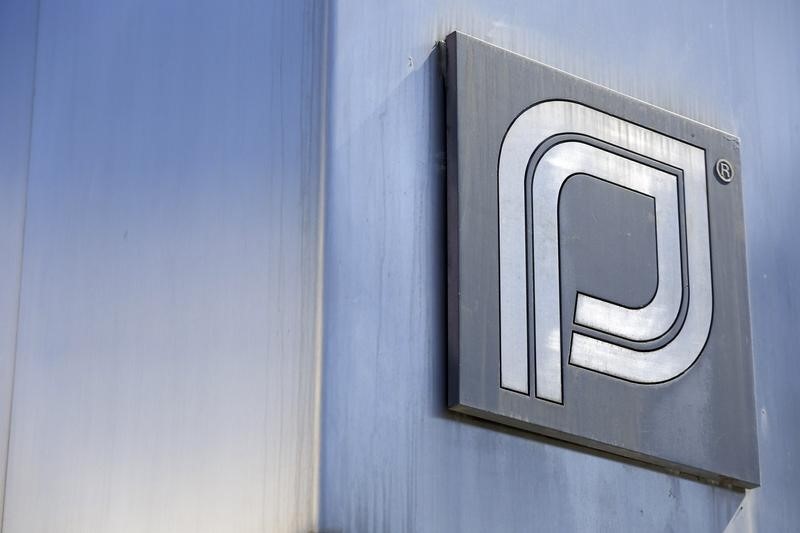By Chris Kenning
(Reuters) - New abortion regulations took effect on Tuesday in Missouri that critics argue will make it more difficult for women to access the procedure.
A judge on Monday declined to block a requirement that physicians performing abortions inform their patients about abortion risks at least 72 hours before their procedure. Previously, a different provider could give that mandated information.
That means repeat doctor visits for women seeking abortions, some of whom must travel hundreds of miles to reach one of Missouri's three clinics, said Bonyen Lee-Gilmore, a spokeswoman for Planned Parenthood Great Plains. There is also a shortage of abortion doctors, she said.
The organization had sued to stop the new regulations because of the provider requirement.
"This is about making it as difficult as possible to obtain an abortion," Lee-Gilmore said in a phone interview on Tuesday. "Abortion access is chipped away one seemingly moderate restriction at a time."
Missouri Attorney General Josh Hawley praised the law in a statement issued late on Monday, saying, "SB5 enacts sensible regulations that protect the health of women in Missouri and we will continue to vigorously defend these."
The provider restriction was part of broader abortion regulations that went into effect on Monday after they were passed by Missouri lawmakers during a July special session called by Republican Governor Eric Greitens.
Among other things, the law gives the attorney general power to enforce abortion laws, requires annual surprise inspections of clinics and exempts pregnancy resource centers, which counsel against abortions, from a local St. Louis law banning employers from discriminating against those who have had an abortion. Critics of the St. Louis ordinance believed it could require the centers to hire workers who favor abortion rights.
The legislative session was called after a federal judge in April blocked requirements for clinics to meet standards for surgical centers and for doctors to have hospital privileges as unconstitutional barriers to access.
Since then, doctors in Missouri, formerly one of seven states down to only one clinic providing abortions, have begun offering them at three locations, in St. Louis, Columbia and Kansas City.
But the new regulation offsets the benefits of those new locations, Lee-Gilmore said.
U.S. state legislatures enacted 41 new abortion restrictions in the first half of 2017, according to the Guttmacher Institute, a reproductive health think tank that supports abortion rights.
